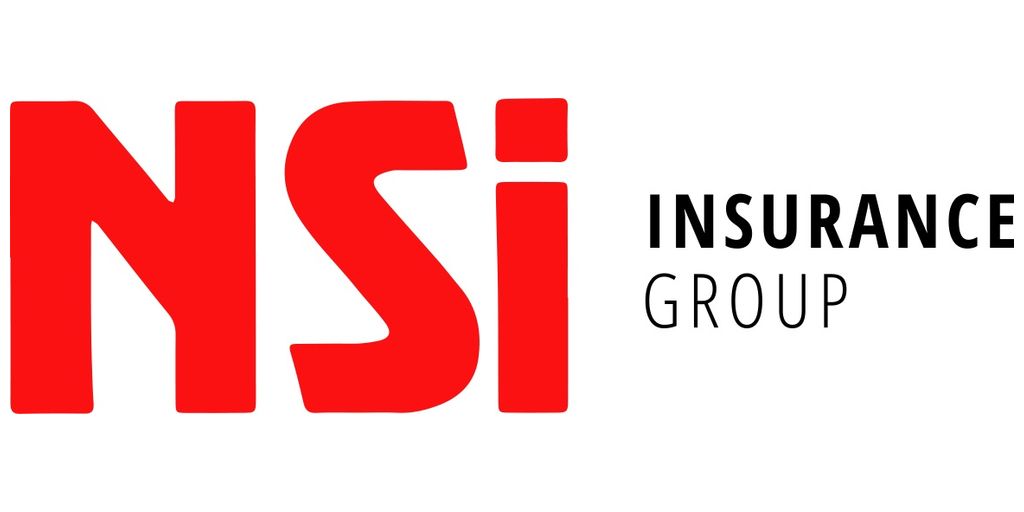Taking advantage of low interest rates is the primary reason most homeowners decide to refinance their mortgages. By refinancing your mortgage and securing a lower interest rate, you can save significant amounts of money in the long term.
But it’s important for homeowners to know when refinancing is and isn’t a good idea.
Even if mortgage interest rates are dropping, the decision to refinance your home should be based on several factors, including your personal financial circumstances.
Here’s what you need to know about refinancing your home, including how it works and factors you should consider.
How Does Refinancing Work?
Refinancing your home means you are taking out a new mortgage to replace your existing mortgage. This process can help homeowners secure lower interest rates, adjust their mortgage repayment period, or add to or withdraw from their home equity.
When refinancing your home, you use the funds from your new mortgage to pay off your old mortgage. Then, you continue to pay off your mortgage as normal under the terms of your new loan.
When Should You Refinance Your Home?
There are several reasons to refinance your home. Homeowners often refinance their mortgages to reduce their monthly payments, lower their interest rates, reduce the length of their loans, or change their loan type.
In general, it’s a good idea for homeowners to consider refinancing if mortgage interest rates have dropped by at least half a percentage point below their current interest rates. You might also consider refinancing if you want to reduce the length of your loan to pay it off more quickly, change from an adjustable rate to a fixed rate mortgage (or vice versa), or if you need to withdraw cash to pay for other expenses.
Depending on your financial circumstances, though, you may not be able to qualify for lower rates, making it important to review your financial information, including your credit score, before making the decision to refinance.
What to Consider When Refinancing Your Home
If you’ve decided to refinance your home, there are several factors to consider make the process easier and increase your chances of securing a more favorable interest rate.
Here’s what to consider when refinancing your home.
Your credit score
One of the most important factors that lenders consider when determining your interest rate is your credit score. Even with very good credit, you may not be able to qualify for lower interest rates in some cases.
To qualify for the lowest interest rates possible, you may need a credit score as high as 760+. Having a lower credit score doesn’t mean you won't be able to refinance, but it makes it less likely that you’ll be able to obtain a lower interest rate.
Home equity
Homeowners also need to review how much equity is in their homes. If your home has negative equity, meaning it’s worth less than it was when you bought it, then refinancing is not a good idea and likely won’t be possible.
If you have little to no equity, you may be able to refinance your mortgage; however, you may still have a difficult time finding a new mortgage with favorable interest rates.
Refinancing costs
When refinancing, you’ll be responsible for the same fees that you were charged when you took out your original mortgage, including origination and appraisal fees.
Refinancing often costs around 5% of the total loan amount, so it’s important to ensure you can afford this expense if you plan to refinance your home. In some cases, you may be able to reduce refinancing costs by rolling them over to your new loan if you have enough equity.
Mortgage rates and terms
It’s important to understand how rates and terms impact the total cost of your mortgage.
For example, taking out a new mortgage with a longer term and lower interest rate will help you reduce your monthly payments. However, due to the increased term length, you may still end up paying more overall than you would have if you stuck with your original mortgage.
On the other hand, if your goal is to reduce the total cost of your loan, then you would want to take out a loan with a shorter term and lower interest rate. This will increase your monthly payments, but you’ll end up paying less in interest over the life of your loan.
Compare quotes
One of the most beneficial things you can do when refinancing your home is to compare quotes from several lenders.
Start by requesting a quote from your current lender and compare this rate with quotes from at least three other lenders. Online lenders, in particular, often offer lower interest rates and fewer fees than traditional banks.
You can also consider working with a mortgage broker who can help you find a lender that can accommodate your needs.
Request a Home Insurance Quote
Refinancing your mortgage can help you reduce your interest rate, extend or shorten your term, and save significant amounts of money. However, depending on your financial circumstances, refinancing may not always be beneficial.
Whether or not you do decide to refinance your home, it’s important to have a comprehensive home insurance policy to protect your property and personal belongings. Most mortgage lenders require you to have adequate coverage in order to be approved for a home loan.
Contact FIB insurance today to request a custom quote and learn more about home insurance in Miami, FL.

